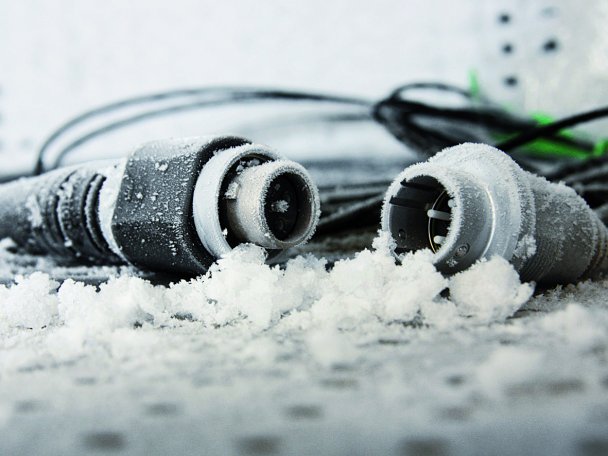All Fischer Connectors’ White Papers are downloadable free of charge in our Download Center. This page also provides a complete overview and summary of the existing White Papers.
You can find below the first part of the White Paper ‘Rugged Connectors’.
Introduction
Rugged connectors are specifically designed to withstand extreme conditions. They are available in power, signal, fiber optic and hybrid. There are however no one-size-fits-all type of rugged connectors. Each connecting solution has its own individual requirements to make sure that it will work in the respective application. Selecting the right rugged connectors is therefore not always easy. Following these ten questions will help you to find the right specifications for the connecting needs in your device to make sure that it will work under the most extreme environments.
1. What is a rugged connector?
Rugged connectors are specifically designed to withstand extreme conditions such as high and/or low temperature, high vibrations, wet or muddy conditions and dirt. Rugged connectors can be circular or rectangular. Most rugged connectors are made of brass or aluminum and are sealed to protect against dirt and water and/or gasses. Most rugged connectors use copper alloy conductors and some integrate gold to further enhance conductivity.
2. What types of rugged connectors are available?
Fiber optic, power, signal, hybrid are all available. In fact, most commercial-grade functions, including connectors for small air or water lines, can be designed for a rugged environment. You can select an off-the-shelf solution, or modify existing connectors. Most manufacturers who focus on rugged connectors will work with you to develop a custom connector for your application.
3. Where would I use a rugged connector?
There are two things to keep in mind when deciding whether to use a rugged connector. The first is the application environment. Any time a connector comes into contact with water or dirt, or it needs to be sterilized or washed down, you will want to consider a rugged connector. The second consideration is risk-management. If you have no margin for error or a zero-error application, a rugged connector should be considered. Many military and medical applications fall into this category. Test and measurement applications often use rugged connectors to protect the integrity of the data they collect. Remote sensors also fall into this category.
